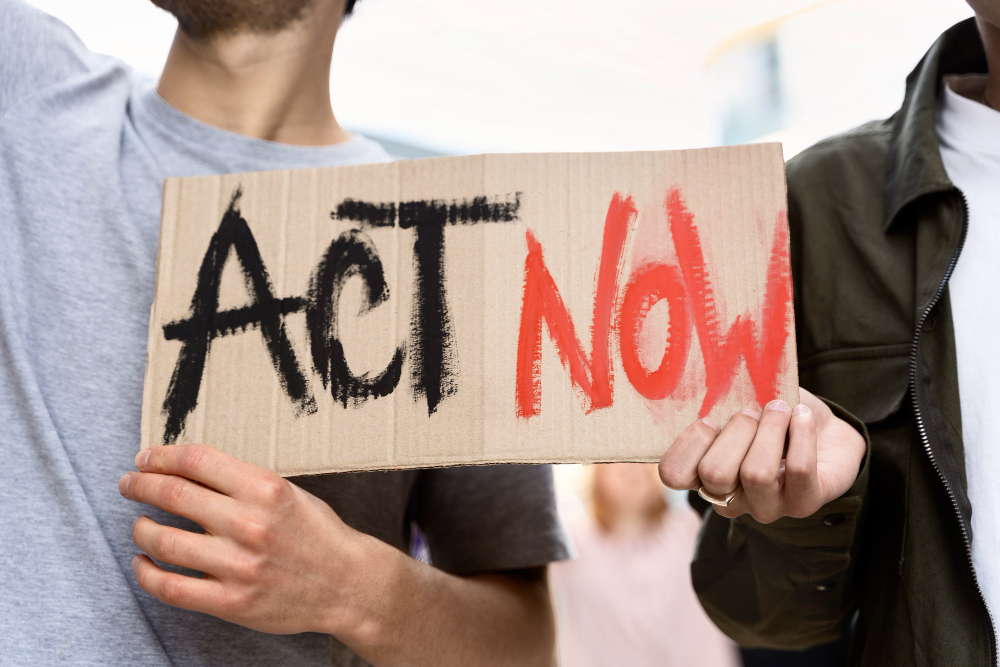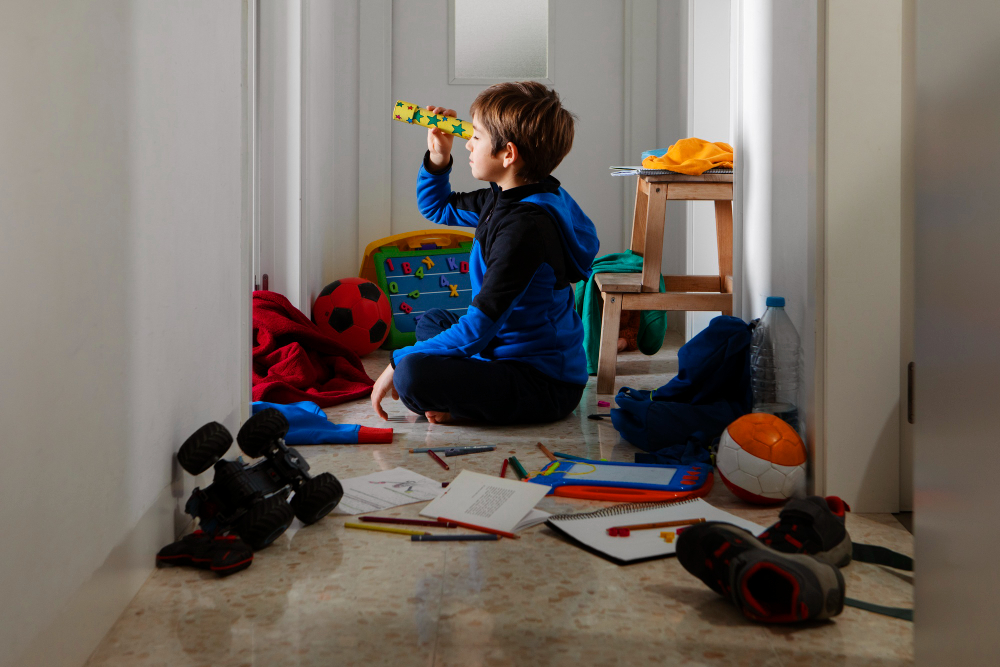Collective punishment is still used in schools across British Columbia, despite growing recognition that it causes harm—especially to disabled children.
Collective punishment refers to the practice of penalising a group for the actions of an individual or subset—such as cancelling recess for an entire class because one student was disruptive. Though often framed as a tool for fostering accountability, this practice is not supported by evidence, and in many cases, it contradicts the values and obligations set out in inclusive education frameworks.
Legal status in British Columbia
In British Columbia, there is no explicit law that bans collective punishment in schools. However, its use is not without legal risk. Public school boards are subject to provincial legislation, ministry policy, human rights law, and common-law obligations regarding student safety and non-discrimination.
The Ministry of Education and Child Care mandates that school boards uphold inclusive education for students with disabilities and diverse abilities. Under Ministerial Order M150/89, updated as of July 2024, boards are required to consult with parents about the educational placement of students with disabilities, and must ensure access to a non-discriminatory learning environment. While this order does not directly reference collective punishment, applying a consequence to all students because of the behaviour or support needs of one implicitly undermines those protections.
Additionally, the BC Human Rights Code prohibits discrimination in services customarily available to the public, including education. When collective punishment disproportionately affects disabled or racialised students—who may express distress through behaviour—it may constitute indirect discrimination. In such cases, legal accountability is not only possible but necessary.
-
Nova Scotia bans collective punishment
Nova Scotia’s Provincial School Code of Conduct Policy underwent a significant update in April 2025, marking a substantial revision of the previous 2015 policy. The updated policy, set to take effect in September 2025, introduces clearer definitions of unacceptable behaviours, delineates new responsibilities…
Why collective punishment is harmful
Educational research and trauma-informed practice both condemn collective punishment as ineffective and psychologically damaging. Rather than fostering accountability, it:
- Incentivises peer policing instead of collaborative problem-solving
- Isolates vulnerable students, especially those whose disabilities are misunderstood as misbehaviour
- Erodes trust between students and educators
- Normalises group conformity at the expense of individual support and equity
For autistic, ADHD, and otherwise disabled students, who may struggle with transitions, sensory processing, or social cues, this type of punishment reinforces ableism. It teaches peers to resent and exclude them rather than understand and support their needs. The result is often cumulative trauma, withdrawal from learning, and reduced attendance—all of which exacerbate inequities.
-
Collective punishment: unjust in schools, unjust everywhere
Collective punishment—punishing a group for the actions of an individual—is widely recognised as a violation of human rights. It is condemned in international law, yet it persists in various forms worldwide. From China’s persecution of human rights defenders’ families to Israel’s blockade of…
The gap between policy and practice
Despite clear harms, collective punishment persists in many classrooms, often under the guise of classroom management or “natural consequences.” This disconnect reflects broader systemic issues: underfunding, staff shortages, lack of training in inclusive pedagogy, and a culture of compliance that prioritises control over care.
Families who challenge these practices are often met with vague justifications about fairness or autonomy. Yet the UN Convention on the Rights of Persons with Disabilities, which Canada has ratified, affirms that all children have the right to accessible, inclusive, and supportive education environments free from discrimination. Collective punishment, by its nature, violates these principles.
-
What policy says about collective punishment in schools
Collective punishment is never explicitly mentioned in the School Act or BC education policies, but it is made very clear that the system is meant to be fair, accountable, and respectful. The School act states the discipline in schools must be “similar to…
What parents and students can do
If your child has experienced collective punishment—especially as a result of disability-related behaviour or unmet support needs—you are not powerless. Here are some steps to consider:
- Document the incident, including dates, staff involved, and impacts on your child.
- Request a meeting with the teacher or principal to discuss inclusive alternatives.
- Refer to Ministry policy and human rights law, framing your concern as an accessibility and equity issue.
- File a formal complaint with the school district if the issue persists.
- Seek legal advice or advocacy support, particularly if your child is disabled and harm is ongoing.
Families may also consider submitting complaints to the BC Human Rights Tribunal or Office of the Ombudsperson, particularly if there is evidence of systemic discrimination or failure to accommodate.
-
How to lodge an education appeal in British Columbia
Filing an appeal in the Vancouver School District is not for the faint of heart. It’s like falling on glass slowly. Emotionally draining by design. But for some families, it is the only path left. I’ve filed several myself. Sometimes, my child got…
Toward a more just school system
The continued use of collective punishment in schools is not a reflection of necessity, but of institutional inertia. We do not need to punish children in groups to maintain order. We need resourced schools, trauma-informed staff, and a commitment to inclusion that is not performative but principled.
Legal ambiguity should not be used to justify pedagogical violence. The absence of a specific ban does not mean it is lawful—especially when it results in the exclusion or degradation of disabled learners. It is time to treat collective punishment not as a disciplinary tactic, but as a human rights failure.











